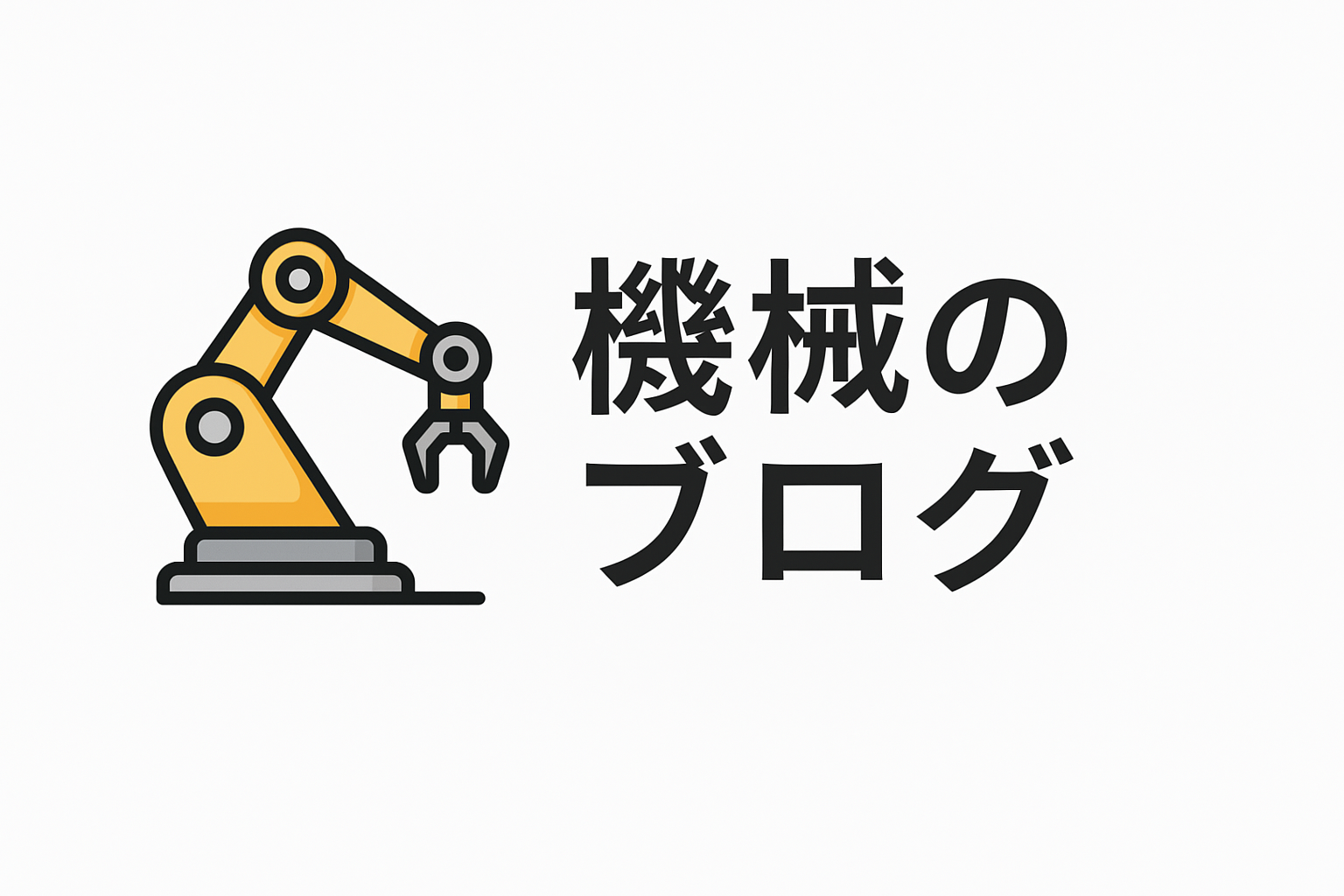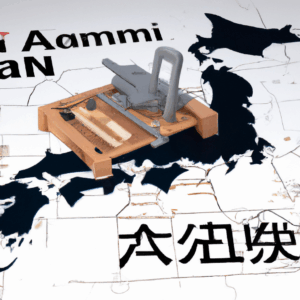Future Creation: AI Manufacturing Innovation Expo
The manufacturing industry has long been the backbone of global economic development, continuously evolving to incorporate new technologies and methodologies. In recent years, the integration of Artificial Intelligence (AI) into manufacturing processes has marked a significant leap forward. This transformative shift is not just about automation but about creating smart factories that can learn, adapt, and optimize processes in real-time. The AI Manufacturing Innovation Expo serves as a crucial platform to explore these advancements, showcasing cutting-edge technologies and fostering discussions about the future of manufacturing.
Section 1: The Rise of AI in Manufacturing
Artificial Intelligence has emerged as a pivotal tool in manufacturing, providing solutions that enhance productivity, efficiency, and quality. The rise of AI in manufacturing is driven by its ability to analyze vast amounts of data, identify patterns, and make informed decisions with unprecedented speed and accuracy. AI-powered systems can predict equipment failures, optimize supply chains, and even design products. This section of the expo will delve into the historical context of AI in manufacturing, highlighting key milestones and the rapid technological advancements that have brought us to the present day.
Section 2: Transformative Technologies on Display
The AI Manufacturing Innovation Expo is a showcase of transformative technologies that are reshaping the industry. Attendees will have the opportunity to witness AI-driven robotics, machine learning algorithms, and advanced data analytics tools in action. These technologies are not just theoretical; they are practical solutions that are already being implemented across various sectors. Exhibitors will demonstrate how AI can be integrated into existing manufacturing systems to enhance operational efficiency, reduce waste, and improve product quality.
2.1 AI-Driven Robotics
Robotics powered by AI are at the forefront of manufacturing innovation. These robots can perform complex tasks with precision and adaptability, learning from their environments and improving their performance over time. From assembly lines to quality control, AI-driven robotics are revolutionizing the way manufacturers operate, offering unmatched flexibility and reliability.
2.2 Machine Learning and Predictive Analytics
Machine learning algorithms are transforming the decision-making process in manufacturing. By analyzing historical data and identifying trends, these systems can predict future outcomes, enabling manufacturers to make proactive decisions. Predictive analytics is particularly valuable in maintenance and supply chain management, where it can forecast equipment failures and optimize inventory levels.
Section 3: AI and Sustainability in Manufacturing
Sustainability is a critical concern for the manufacturing industry, and AI is playing a vital role in addressing this challenge. By optimizing resource use and reducing waste, AI technologies can contribute to more sustainable manufacturing practices. This section will explore how AI is being leveraged to minimize environmental impact while maintaining productivity and profitability.
3.1 Energy Efficiency
AI can significantly enhance energy efficiency in manufacturing processes. By analyzing energy consumption patterns, AI systems can identify areas where energy use can be reduced without compromising output. This not only lowers operational costs but also reduces the carbon footprint of manufacturing activities.
3.2 Waste Reduction
AI-driven waste management systems can optimize the use of raw materials and minimize waste production. Through real-time monitoring and analysis, these systems ensure that resources are utilized effectively, reducing the amount of waste generated and promoting circular economy principles.
Section 4: Challenges and Opportunities
While AI offers immense potential for the manufacturing industry, it also presents several challenges. This section will provide a balanced perspective, discussing both the opportunities and the hurdles that come with adopting AI technologies in manufacturing.
4.1 Integration and Implementation
Integrating AI into existing manufacturing processes can be complex and costly. Companies need to invest in new infrastructure, train their workforce, and ensure that their systems are compatible with AI technologies. However, the long-term benefits of increased efficiency and productivity often outweigh the initial challenges.
4.2 Ethical Considerations
The use of AI in manufacturing raises ethical questions, particularly concerning job displacement and data privacy. As AI systems take over tasks traditionally performed by humans, there is a need for strategies that address workforce transition and skill development. Additionally, manufacturers must ensure that data used by AI systems is handled responsibly and securely.
Section 5: The Future of AI in Manufacturing
Looking ahead, the future of AI in manufacturing is promising. As technologies continue to evolve, we can expect even more sophisticated AI systems that push the boundaries of what is possible. This section will explore future trends and innovations that are set to transform the manufacturing landscape.
5.1 Advanced Automation
The next wave of AI in manufacturing will likely focus on advanced automation, where machines not only perform tasks but also manage entire production lines autonomously. This will lead to fully automated factories capable of operating with minimal human intervention.
5.2 Collaborative Robotics and Human-AI Interaction
Collaboration between humans and AI-powered robots will become increasingly common. These collaborative robots, or cobots, are designed to work alongside humans, enhancing productivity while ensuring safety. The development of intuitive human-AI interfaces will further enhance this collaboration, making it easier for workers to interact with and control AI systems.
Conclusion
The AI Manufacturing Innovation Expo underscores the transformative impact of AI on the manufacturing industry. By showcasing the latest technologies and fostering dialogue among industry professionals, the expo serves as a catalyst for innovation and progress. As we look to the future, the integration of AI into manufacturing promises to drive efficiency, sustainability, and growth, creating new opportunities and setting the stage for the next era of industrial advancement.


